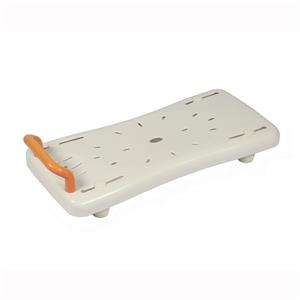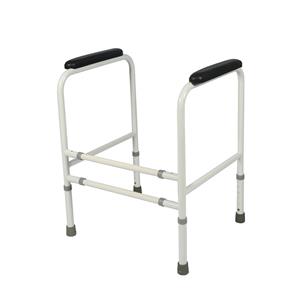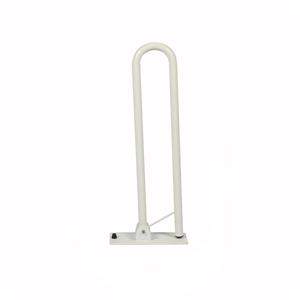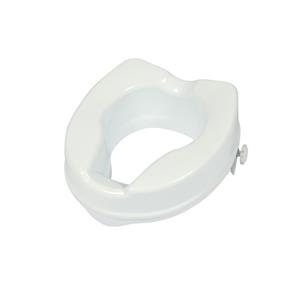What kind of Person Needs A Rollator?

Elderly Individuals: As people age, they may experience a decline in mobility due to conditions such as arthritis, osteoporosis, or general muscle weakness. A rollator can provide the support they need to continue walking safely while reducing the risk of falls.
Individuals with Balance Issues: Some individuals have conditions that affect their balance, such as Parkinson's disease, multiple sclerosis, or vestibular disorders. A rollator with stable wheels and hand brakes can help them maintain their balance while walking.
People Recovering from Surgery or Injury: After surgery or injury, individuals may experience temporary difficulty walking or standing for long periods. A rollator can assist them during the recovery process by providing stability and support.
Those with Chronic Conditions: People living with chronic conditions such as chronic obstructive pulmonary disease (COPD) or heart failure may experience fatigue and shortness of breath when walking long distances. A rollator with a built-in seat can offer them a place to rest when needed.
Individuals with Neurological Disorders: Conditions like stroke, cerebral palsy, or traumatic brain injury can affect mobility and coordination. A rollator can help these individuals maintain their independence and navigate their surroundings more safely.
Caregivers: Sometimes, caregivers also benefit from using a rollator to assist their loved ones with mobility. It can help them provide support without straining their own bodies.
Overall, a rollator can be a valuable mobility aid for a wide range of individuals, enabling them to stay active and engaged in their daily activities while reducing the risk of falls and injuries.




